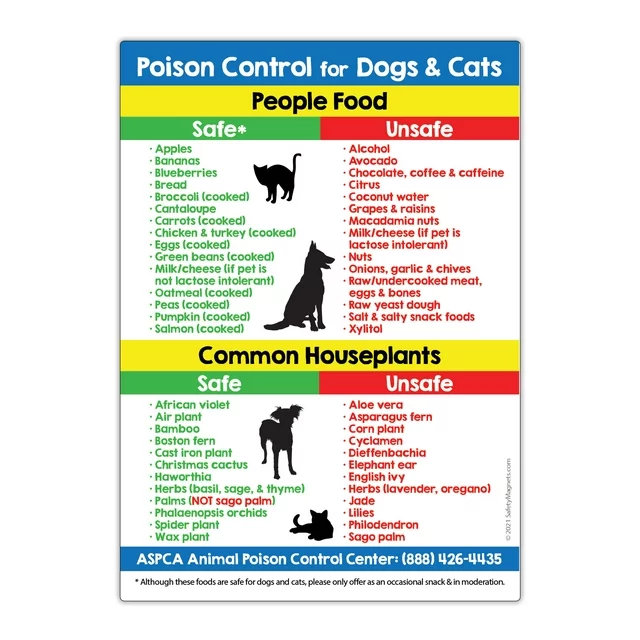
Toxic Foods and Plants to Avoid!!
Fortunately, many animals are relatively good at avoiding toxic plants, but why take chances? Best to keep these in a place where they are not accessible if possible. This is especially true for puppies and kittens who enjoy chewing and exploring new things.
This is by no means an exhaustive list, so still good to research new plants you may be bringing into the household. And in terms of food, beware that Xylitol, which is very toxic to animals is sometimes being displayed as “birch sugar” on labels. I read labels for unexpected ingredients as well and occasionally have been surprised at ingredients I would not have expected. It’s also important to check the spices that are being used.. One of the foods that is extremely toxic to dogs and cats are onions. They can shut down a liver in a hot minute.
The ASPCA has a list of the 17 most toxic outdoor plants for animals. It includes Lillies, Sago Palm, Tulips, Narcissus, Azalea, Rhododendron, Oleander, Castor Bean, Kalanchoe, Cyclamen, Yew, Amaryllis, Autumn Crocus, Chrysthanthemum, English Ivy, Pothos and Schlefflera. Some have impacts milder than others. Most have to be ingested to cause damage.
If you believe your animal companion has had an exposure, it’s recommended to call the ASPCA Animal Poison Control center at (888) 426-4435 and get your animal to the vet as quickly as possible. Please note that it is now possible that you will be charged a consultation fee by the ASPCA.
